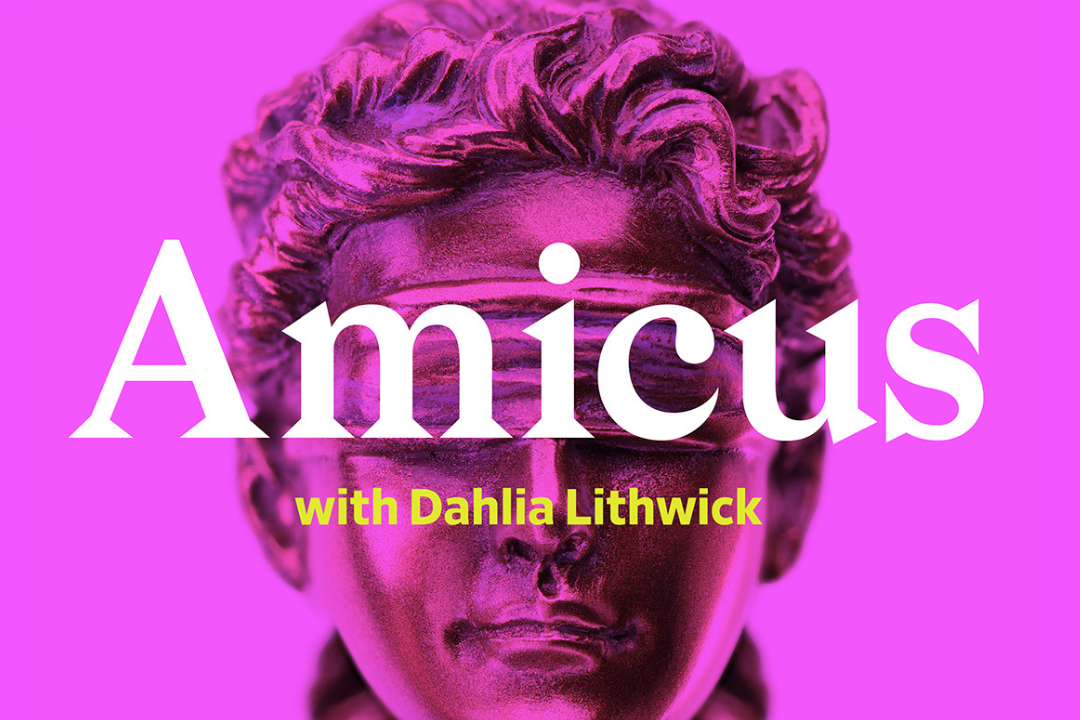Vice President JD Vance Faces Backlash for 'Peasant' Remarks on China
Vice President JD Vance has ignited a significant controversy across Chinese social media platforms after referring to the Chinese populace as "peasants" during an interview on Fox News. This incident has escalated existing tensions between the United States and China, particularly amid ongoing trade disputes.
During his appearance on the news program "Fox & Friends" on April 3, Vance articulated his views on the current global economy, stating, "What has the globalist economy gotten the United States of America? And the answer is, fundamentally, it's based on two principles incurring a huge amount of debt to buy things that other countries make for us." He elaborated further, saying, "To make it a little more crystal clear, we borrow money from Chinese peasants to buy the things those Chinese peasants manufacture." This comment quickly drew ire and sparked widespread outrage online.
As clips from Vance's interview circulated on Chinese social media, the backlash intensified. By April 7, a hashtag related to Vance's remarks became the most trending topic on Weibo, a popular social media platform in China often compared to Twitter. The hashtag accumulated over 150 million views by April 18, demonstrating the extent of public reaction.
Responding to Vance's comments, Lin Jian, a spokesperson for the Chinese Foreign Ministry, expressed disbelief at the Vice President's statements during a press conference on April 8. He stated, "It's both astonishing and lamentable to hear this vice president make such ignorant and disrespectful remarks." This pointed critique reflects the broader sentiment among Chinese citizens and officials regarding perceived disrespect from American politicians.
The backlash against Vance's comments also intertwined with discussions about tariffs imposed by the United States on Chinese goods. Xia Baolong, a notable Chinese politician and director of the Hong Kong and Macau Affairs Office, delivered a dramatic speech that garnered millions of views. In a pointed retort to Vance, he stated, "Let those American peasants wail in front of the 5,000 year-old civilization of the Chinese nation." This statement highlights the cultural pride many in China feel and serves as a counter to the derogatory label Vance used.
Additional critiques emerged from influential Chinese figures, including Hu Xijin, the former editor-in-chief of the state-run Global Times. Hu reflected on Vance's remarks in a Weibo post, writing, "Vance once said that the Chinese are 'peasants.' This real 'peasant' who came from the American countryside seems to have some defects in perspective." Such comments underscore the irony perceived by many commenters, considering Vances own working-class background as detailed in his memoir, "Hillbilly Elegy," where he narrates his struggles growing up in poverty in Appalachia.
Many users on Weibo and other platforms found humor and irony in Vance's statements. Comments reflected a mix of national pride and a rebuttal of stereotypes. One user wrote, "We are peasants, but we have the best high-speed rail system in the world, the most powerful logistics capabilities, and the world's leading AI technology, unmanned driving technology, drone technology, etc. Such peasants are still quite powerful." This highlights a sense of pride in China's technological advancements, contrasting sharply with the pejorative term used by Vance.
Others pointed out the hypocrisy in Vance's comments based on his own upbringing. One Chinese blogger remarked, "Vice-President Vance, don't forget, a peasant gave birth to you!" Such sentiments resonate with those familiar with Vance's story, which portrays his rise from humble beginnings to a prominent political position.
As the incident continues to unfold, the White House has not publicly addressed this controversy, leaving many to speculate about the administrations stance on Vance's remarks and their implications for US-China relations.


















